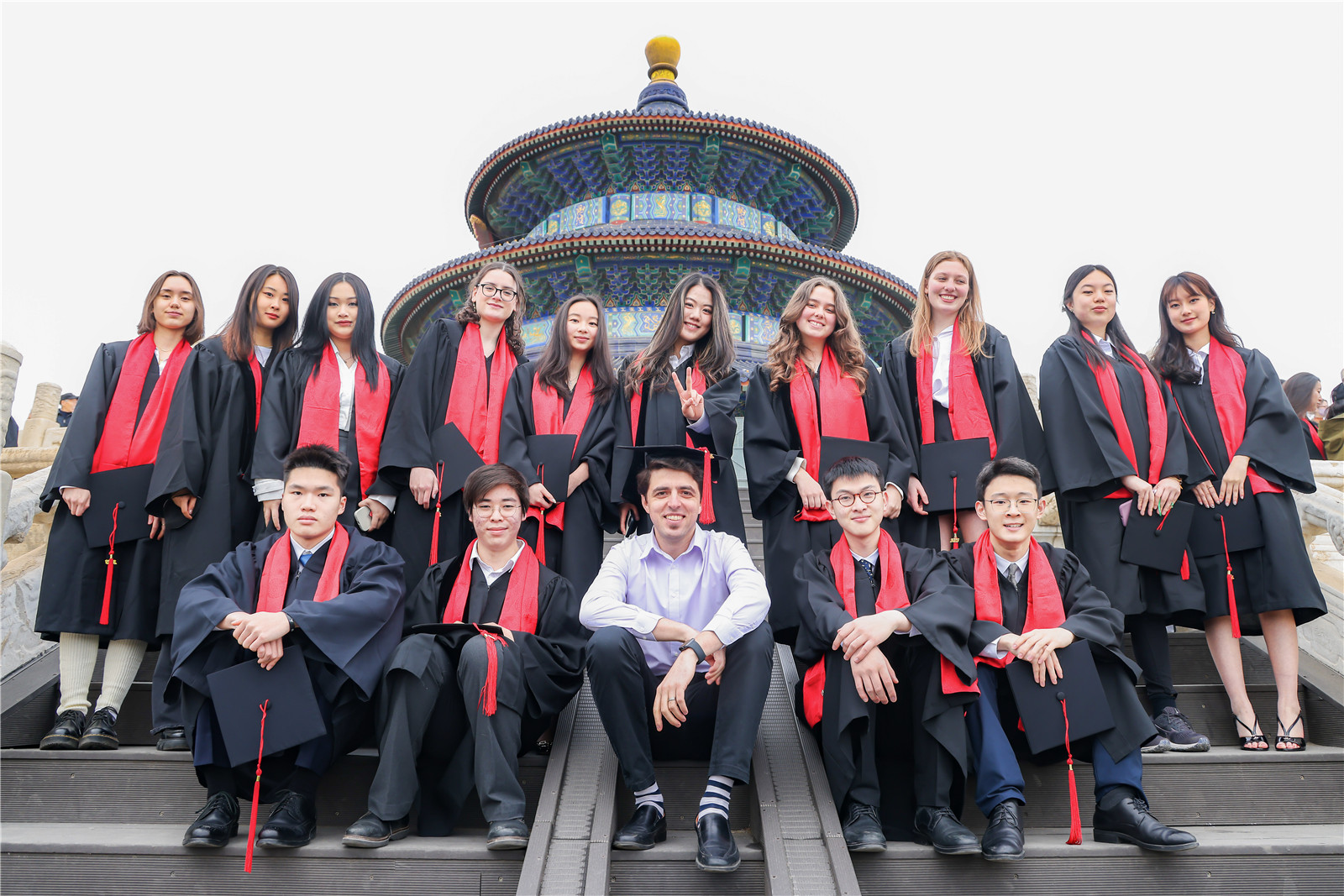My University Journey – Edward Ye at Bates College
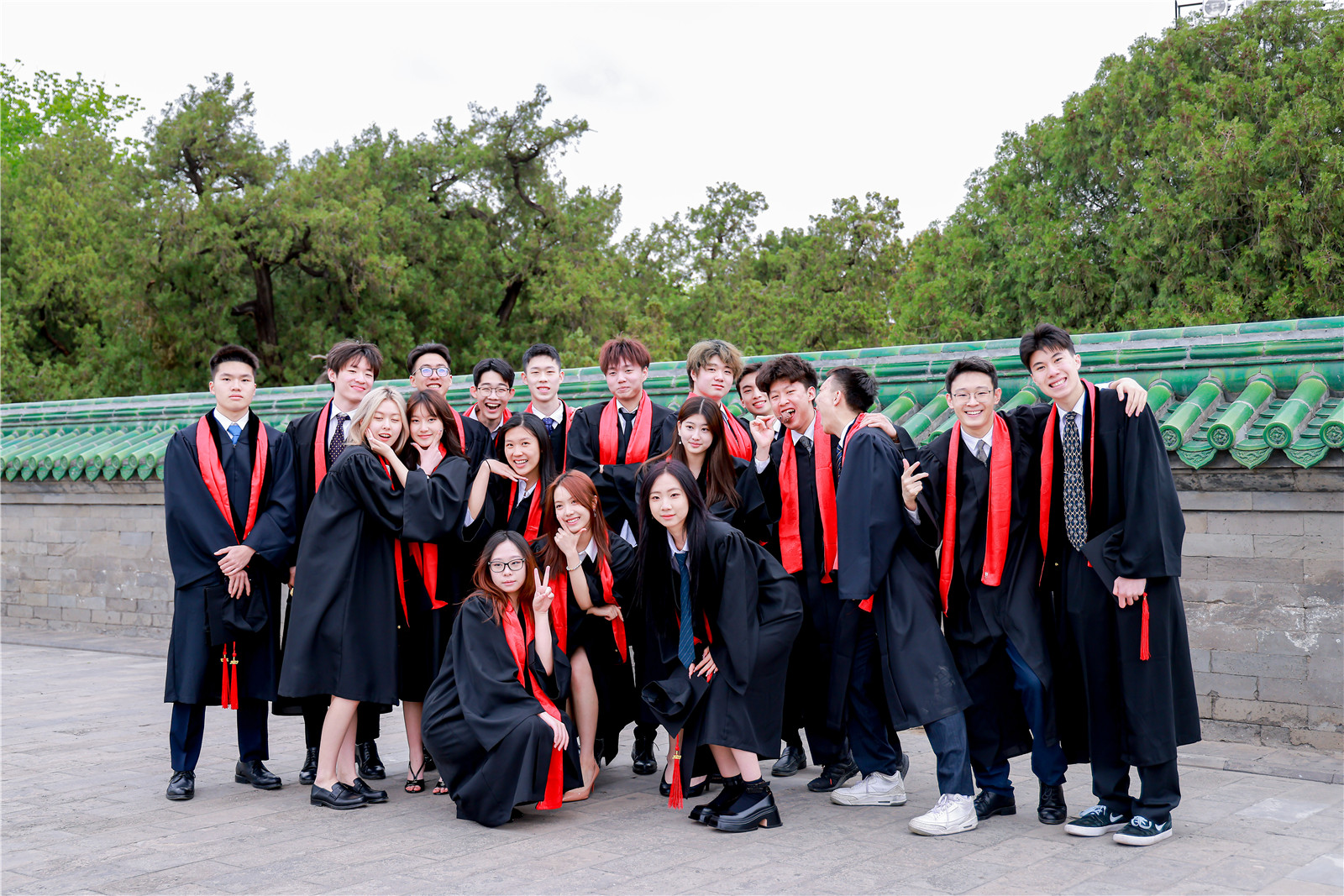
Embarking on the journey to university is a life-changing experience, but the path to preparation can often appear as a daunting challenge. While our team of expert University Counsellors tirelessly assists our students in navigating this crucial phase, it's worth noting that some of the most valuable insights can come from those who have recently trodden the same path themselves.
In this feature, we speak to Edward Ye, Class of 2023, currently enrolled as a freshman at Bates College. He shares more about his decision to pursue a pre-medicine track, what led him to choose this course and his university and his tips on planning for university and dealing with the pressure of it.
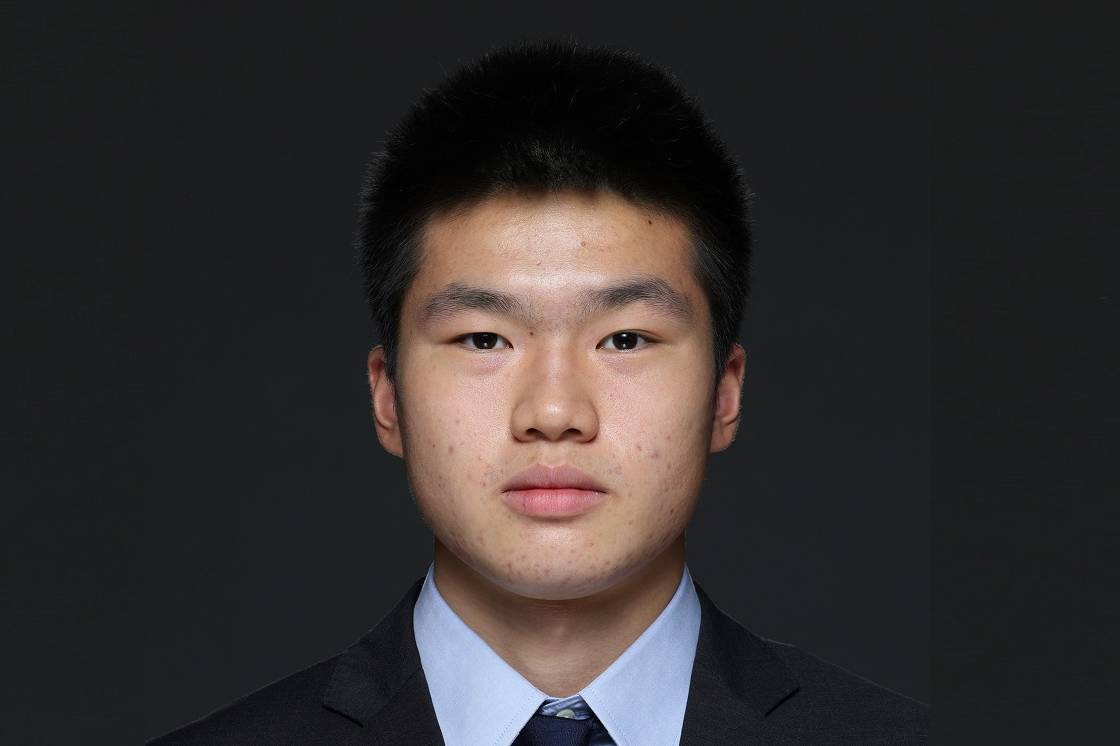
Edward Ye
DCB Class of 2023
Can you tell us a bit about yourself and how you decided on your course?
I really like Biology and had positive experiences with clinical exposures. The thing with pre-medicine is that it’s not a major, so I had to pick a major that’s going to offer me a promising career or viable path to graduate school even if medicine doesn’t work out for me. So, I started doing research on careers in Biology and medicine by watching tons of career-related YouTube videos and found that I liked both Biology and medicine.
In terms of personal experiences, I interned at a research centre and really enjoyed doing lab work. I underwent knee surgery and experienced how life-changing a physician’s expertise can be. Therefore, I decided that Biology is the right major and Pre-medicine is the right path for me.

How did you decide on your course and your university?
My plan after undergraduate is to go to medical school so I knew I had to pick a school that’s going to provide me with resources that are going to help me distinguish as an applicant in the medical school application process. I learned about the components of a good med school application before I decided on which universities to apply to.
Just like buying real estate, the first thing I considered was location, location, location. I’ve always wanted to go somewhere that’s relatively urban but still close to nature. I also didn’t want to go somewhere where crimes are high. This narrowed my scope to the New England area.
Academic-wise, I wanted to go somewhere with a small average class size as this will ensure teaching quality and a close connection between professors and students. I’ll learn better when I receive enough attention from professors. Moreover, the close connection will increase the likelihood of me receiving good letters of recommendation (since they’ll know me better), which is a component of medical school applications. This narrowed my scope to liberal arts colleges.
Since my GPA will be extremely important, another factor I considered was how a university gives grades. Some universities grade on a curve, and some have grade deflation or inflation. None of these grading practices will accurately reflect the performance of a student. I wanted to go somewhere that gives fair grades to students.
In terms of my long-term goals, I wanted proximity to volunteering opportunities and clinical exposures, both of which are components of medical school applications. There are two hospitals within half a mile from Bates. The school also has great relationships with the city it’s in, which means there are a lot of non-clinical volunteering opportunities. Medical schools care about commitment to volunteering, and it’s easier to dedicate my time and effort to volunteering when the opportunities are within walking distance. Additionally, Bates also has a great pre-medicine advising team – kind of like university counsellors, but for med school.
The party scene can be pretty big at universities, and another reason I chose Bates because they have a substance-free housing that can help insulate me from any kind of peer pressure and allow me to focus on my passions.
How long have you been planning for your university applications and how did you go about it?
I started planning for my university application before Year 12 and executed my plans in Year 12 (activities, SAT/ACT, TOEFL). I worked on my essays and prepared for interviews during the summer break before Year 13.
One of the obstacles I faced was my grades in Years 10 and 11. I didn’t know the importance of grades back then. This, combined with COVID-19, e-learning, and my being someone who can lose focus very easily in a non-classroom setting, led to bad grades. I did well on the IGCSEs but, that’s not going to offset my bad grades.
After learning about the university application process, I still had hope because Mr Harmon told me that growth can be just as good as consistently getting good grades. So, my main goal going into Year 12 was to show consistent improvement in grades.
The other obstacle I faced was crafting a coherent application. I only applied to universities in the US so activities and essays were extremely important. I had to use a few essays and a list of activities to present the best version of myself to admission officers while allowing them to see me as a unique applicant who’s going to be a nice addition to their school. I also had to show a broad of interests and skills while still having a logical sequence of events and activities which eventually led to my academic and personal passions.
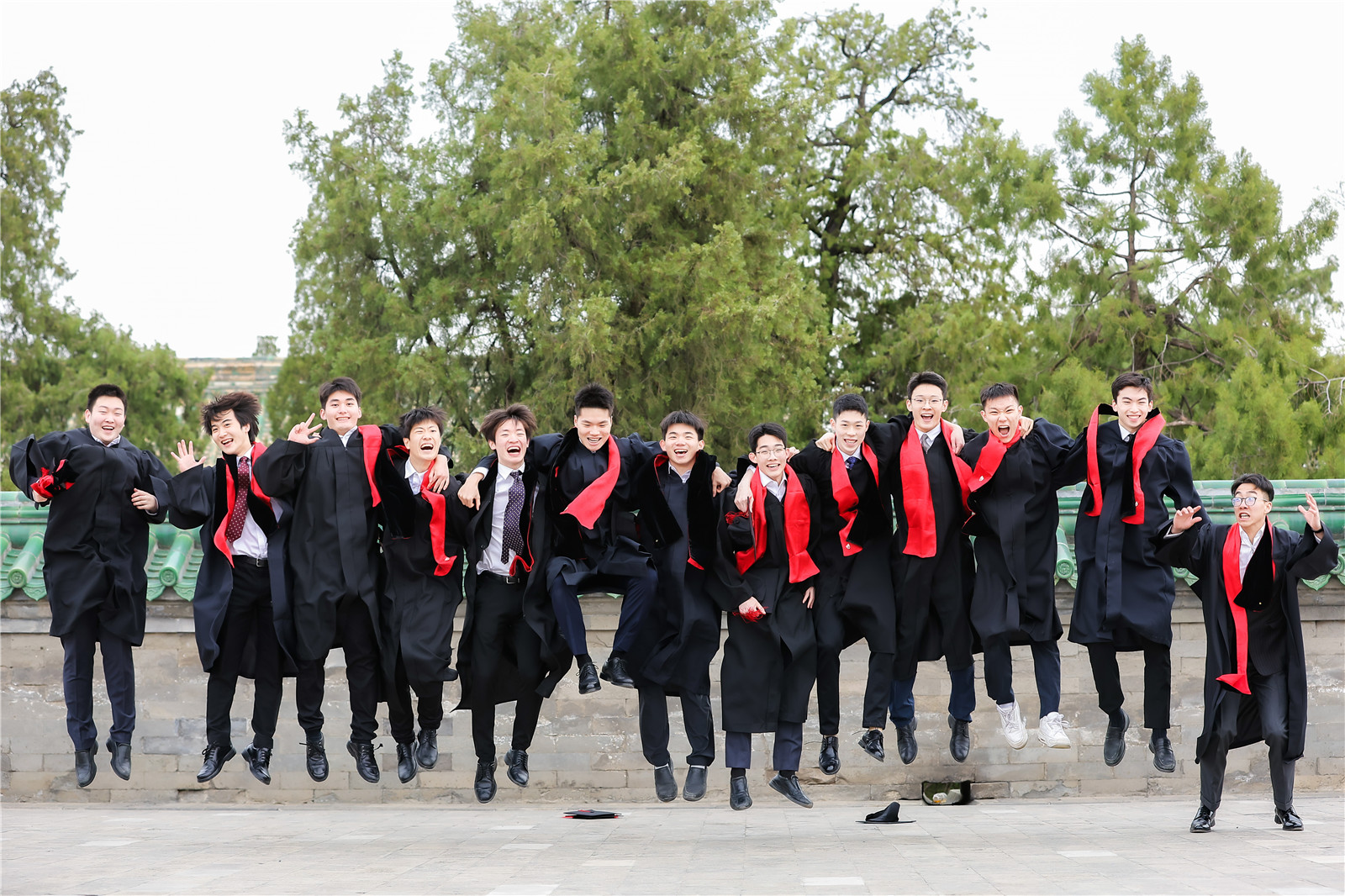
There's a lot of stress that comes with preparing for university applications. For students under a lot of pressure, what advice can you give to help them prepare better?
Applying to universities is one of the most stressful things I’ve experienced so I’m not going to sugar-coat it and say stuff like “Just enjoy the process”. Only doing things you enjoy isn’t going to get you anywhere. Having successful outcomes in applying to universities requires deliberate efforts to distinguish yourself as an applicant. By successful I mean going somewhere that’s going to allow you to realise your full potential while ensuring well-being, not as in simply going to a school with a high ranking.
For those applying to universities in the US, here are some tips to mitigate stress and improve the outcome.
1. Learn to enjoy doing stuff you don’t innately enjoy.
I absolutely hated preparing for standardised tests. Despite many universities having gone test-optional, I knew that I still had to get good scores because it’s not optional when the majority of applicants are submitting their scores. I thought that since I had to take them, instead of making the process just stressful, why not make it enjoyable? So, I started treating taking standardised tests as a sport because, just like any sport, practising test-taking skills guarantees improvements. This didn’t make preparing for them any less stressful but did make it a lot more enjoyable and motivated me to improve.
2. Develop positive relationships with your subject teachers.
Teachers not only care about your grades but also your interaction with them in class. US universities require letters of recommendation from your subject teachers. You are much more likely to get stellar letters of recommendation when your subject teachers know you really well, both as a student and a person. It’s easier to get good grades if you show consistent effort to try to interact with your teacher. Application-related stuff aside, actively participating in class can help tremendously with your learning.
3. Use the opportunities around you
There are tons of opportunities in school (shout out to Ms Tomaszun). Use them. You can also ask your parents if they have connections with good opportunities such as internships, shadowing, research, etc. Opportunities are not that hard to find when you deliberately look for them.
4. Learn to express yourself
Knowing how to express yourself is key to writing impressive essays and acing interviews. The Johns Hopkins’ Essays That Worked page is really good for learning to write good essays.
The prompts of US application essays are essentially asking for your reflections on the things that have happened around you. So, try to be reflective and learn to put your reflections in words.
5. Do career research early
Learn about yourself and your wants, needs, and deal breakers when it comes to picking the right career. Since many universities (especially in the UK) do not allow students to change their major, doing career research early is going to allow you to make a much more informed decision.
Doing career research isn’t just about focusing on the outcomes (such as salary), but more about learning what people in an industry do on a day-to-day basis. I strongly recommend watching “A Day in the Life” videos of different professions and, more importantly, trying to get first-hand experience by having internships and shadowing opportunities before picking a major.
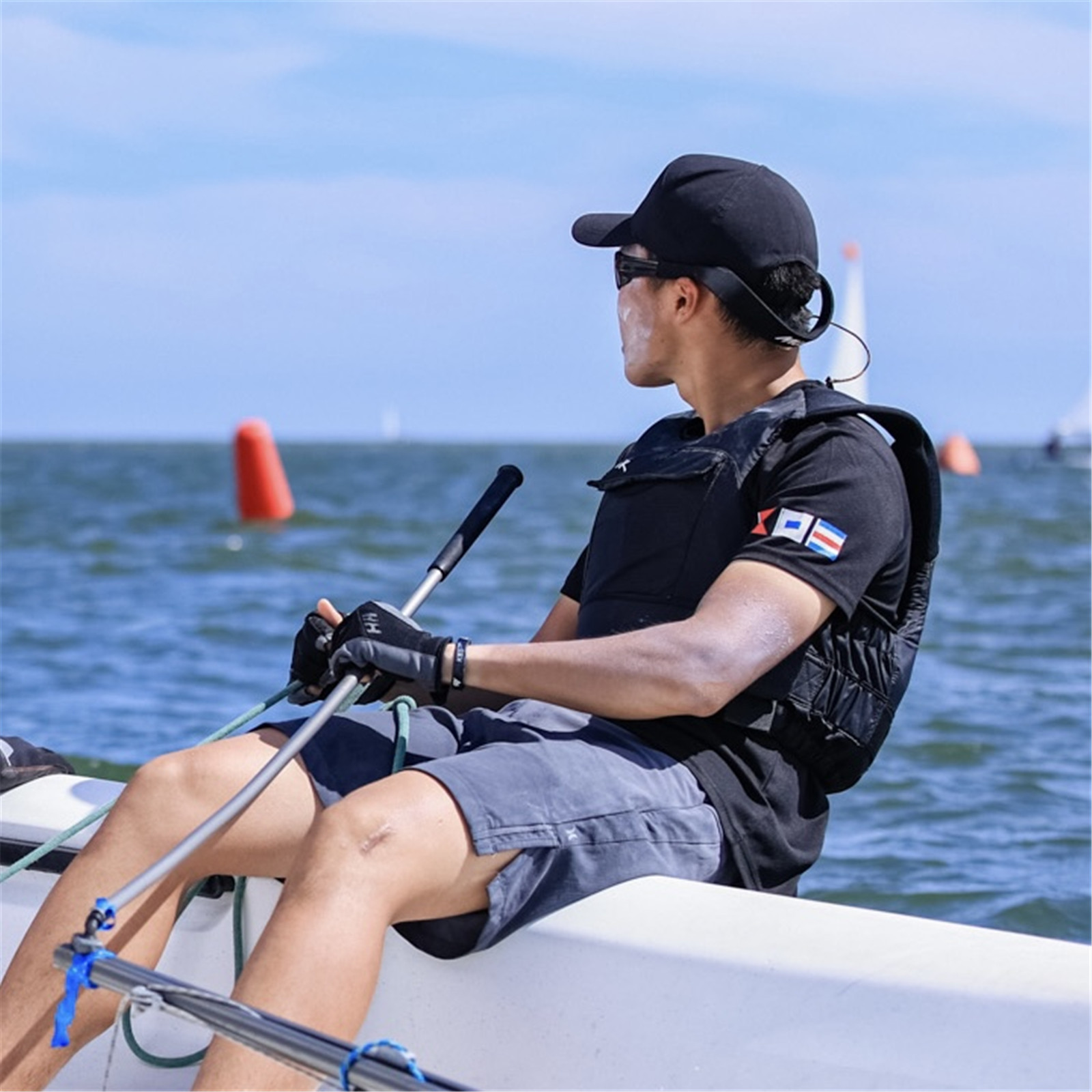
What advice would you give to younger students just starting out in Senior School?
- Make getting good grades a priority because good grades can get you to very good universities.
- There’s no need to think about university in Years 10 and 11. That’s when you should be exploring your interests and hang out with friends.
- There are pamphlets with tips on university applications for students in different year groups on the walls of the university counselling area. There’s a lot of good information.
Is there anyone you'd like to thank?
I’d like to thank Murphy Lu, William Wang, Kenny Chiang, Andy Ding, Henry Bao, Steven Hu, Daniel Zhang, Richard Zhang, Alex Wang, Edward Zhang, Terry Qiu, and Jonathan Kang for being my friends; Mr Harmon, Ms Stephanie Zhang, Ms Garcia, Ms Meng and Ms Stella Zhang for guiding me through the application process; Mr Deshpande, Ms Ho, Ms Lee, Mr Mahesh, Mr Eugene Wang, Ms Luan, Ms Zhao, Ms Tomaszun and Mr Karasik for being amazing teachers.
